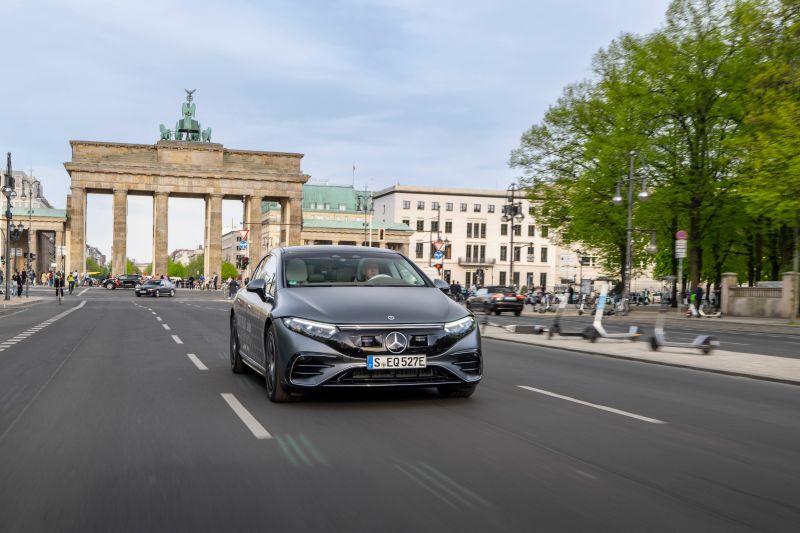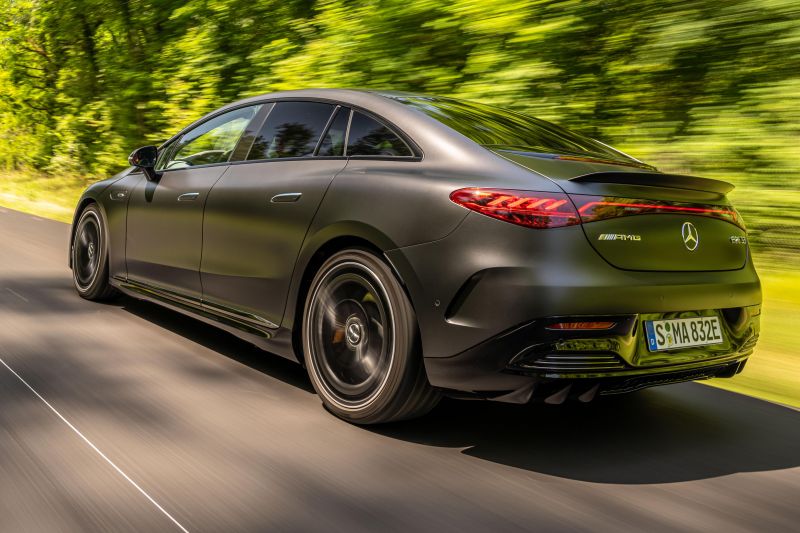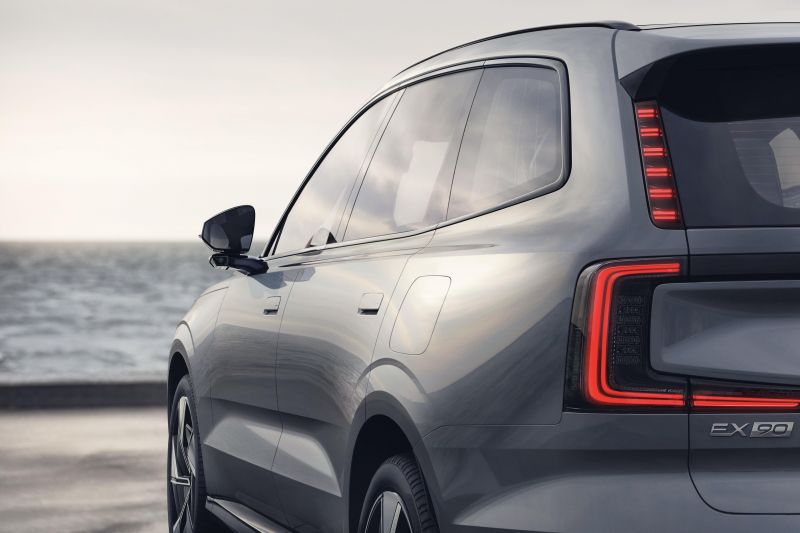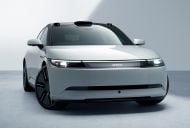Mercedes-Benz raked in a healthy profit by forcing owners to pay for features already fitted to their cars in 2022.
Automotive News reports subscription services accounted for US$1 billion (A$1.489b) in revenue for the German giant.
That’s a drop in the ocean compared to the A$3.13b it plans to earn from monthly or yearly payments by 2025, however. It’s planning to roll out a new software platform that will allow it to offer a broader range of subscription-based features from 2025.
“Automated driving functions are expected to emerge as our largest software-enabled revenue driver by 2030,” Mercedes-Benz board member for sales and marketing Britta Seeger told Automotive News.
“Our connected car park is forecast to grow by 60 per cent in the next three years. This will have a huge impact on our software-enabled revenue.”
Subscriptions are live on Mercedes-Benz models abroad, but not in Australia. When contacted about plans to roll out pay-to-play features on cars Down Under, Mercedes-Benz Australia had “no comment” to offer.
In the USA, owners of its electric EQE sedan and SUV and EQS liftback and SUV can now pay $US1200 per year (~$A2000) to shave up to a second from their 100km/h sprint times with software.
Power in the EQE 350 4MATIC jumps from 215kW to 260kW, while the EQS 450 4MATIC gains 55kW to pack 330kW.
American dealers are being offered a profit share deal, with 13 per cent of profits from subscriptions being fed by head office back to the dealer that originally sold the vehicle.
European buyers are also able to pay an annual fee to unlock the full capability of the rear-wheel steering system on their EQS limousine.
Mercedes-Benz isn’t the only brand looking to move into monthly or annual payments from its customers.
BMW will offer a monthly, yearly, or permanent payment to activate the heated seats on its X1 sDrive18i SUV in Australia, and has previously made owners pay ongoing fees for Apple CarPlay.
Volvo also recently confirmed it may ask owners to subscribe to certain features, although it’ll focus on higher-end technology rather than systems such as heated seats.
“Our firm view is that you were not going to skin our customers $1 for a small feature,” Volvo chief commercial officer and deputy CEO Bjorn Annwall told CarExpert.






